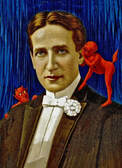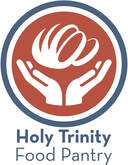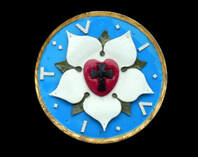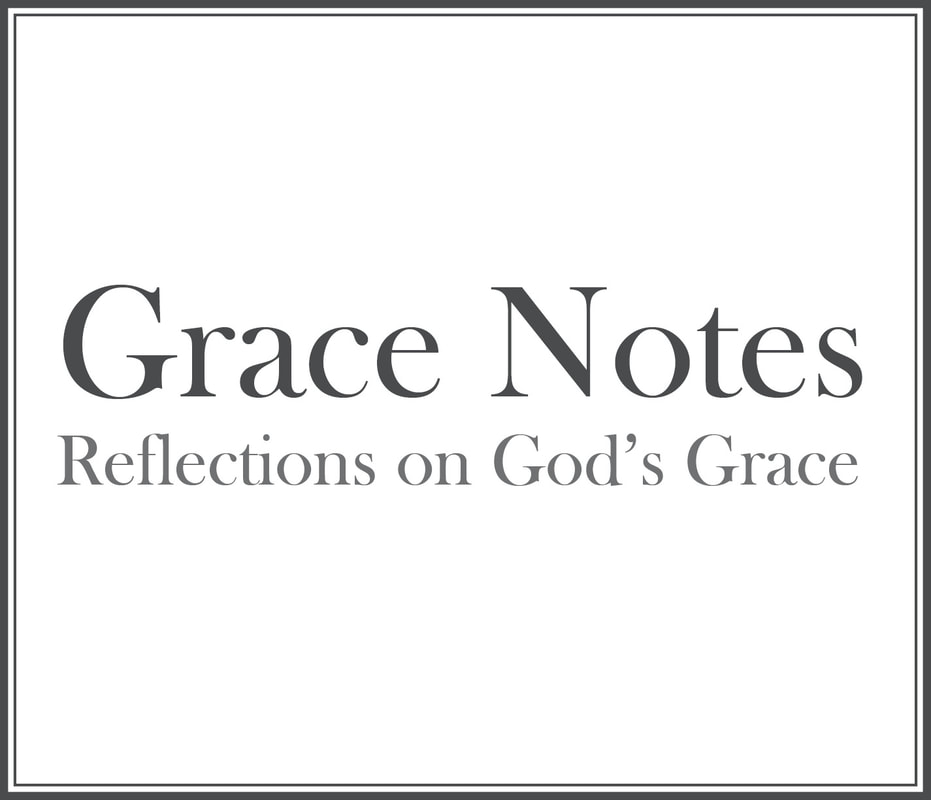 It is hard to live up to the expectations people place on a pastor. The same is true for every role we fill in life. Whether a pastor, banker, parent, teacher, coach, or student – the list is endless – somebody places expectations on us. This is not new nor is it anything we can change.
0 Comments
 Deciding to take the chance on going to a new church is risky. For some, they are new to the area and are looking to find a place where they can find connection and community. For others, they are leaving a different congregation (for a whole host of reasons) and they are also trying to find a place where they can call home.  The First Sunday in Lent always presents us with a gospel account of the temptation of Jesus. I don’t think most of us really know what to do with this story. Jesus is propelled into the wilderness (like the ancient Israelites) to contend with his identity, his survival, his purpose. Satan is part of the story and that leaves us a little uncertain, if not squeamish.  For me, the season of Lent always begins in the same way. I pour olive oil in a bowl. Then I stir in the ashes of the palms we raised in worship last Palm Sunday. I mix the two ingredients into a paste, roughly akin to peanut butter. This will become the crosses born on the foreheads of the faithful on Ash Wednesday with the words, “Remember you are dust and to dust you shall return.” It is a sign of our baptisms. It is a reminder of our finitude. It is a reminder that only God’s grace can transcend the human condition.  Lent is coming up quickly. Ash Wednesday, which marks the beginning of Lent, is next week. With Lent fast approaching, it makes me think about the invitation to observe Lent with forty days of self-examination and repentance; with prayer, fasting, self-denial; and by reading and meditating on God’s Word. Beyond that though, are the voices in my head asking, “What are you giving up for Lent this year?”  My sleep has been disturbed by many things. On occasion, a recurring nightmare dragged me from sleep into the sinking feeling and elevated heart rate that only a good nightmare can give. While the setting changed, the theme was consistent. I found myself in an unfamiliar sanctuary, hall, or room surrounded by people largely unknown to me. They were ushering me to get up and preach. The problem was I had no sermon prepared. In one version, water begins to rise around my ankles, and I find I’m actually in a big boat, sinking, while the people want to know what I have to say. This is a very typical nightmare for someone who spends lots of time talking in front of people.  I lost a book the other day. It is a dreaded phrase. I searched and searched my bookshelf and I just couldn’t find it. I searched, and I searched again. I pondered whether I had lent the book out to someone else. My brain couldn’t recall lending it out. I then searched again because I have this habit of not really looking. I have to ask my wife Jen all the time to find things for me because I tend to scan past them. I was determined to find this book without asking for help.  Upfront warning: Some may think that I am being blatantly political in this article. In our culture, that is how you earn the title “Bad Pastor” from some. I would counter that my message here is only peripherally about politics. It is primarily about faithfulness and justice. However, when we talk about feeding the hungry (a command from God throughout the scriptures) we often end up treading on matters related to the King, the President, the Governor, or the Legislature. The ancient Church adhered to a tradition of publicly announcing the dates of Easter, along with other festivals that lacked a fixed date. Given that the Epiphany (January 6) is a fixed date and it marks the final significant fixed-date feast before transitioning into the Easter cycle, characterized by moveable dates, it served as an opportune moment to declare the dates of Easter and other moveable observances.
 I just ate a donut that was growing stale in the workroom. I planned to begin my new day with some yoga, walking, and a time of prayer. I went for the snooze button and instead turned the alarm off. Falling back into a pleasant slumber, I awakened with just enough time to get out the door for my first appointment of the day. It is only January 3rd. My resolutions and my resolve lie in shambles all around. I am, once again, a failure. I have fallen into sin, and I cannot free myself – again. |
Categories
All
Archives
July 2024
|


 RSS Feed
RSS Feed

